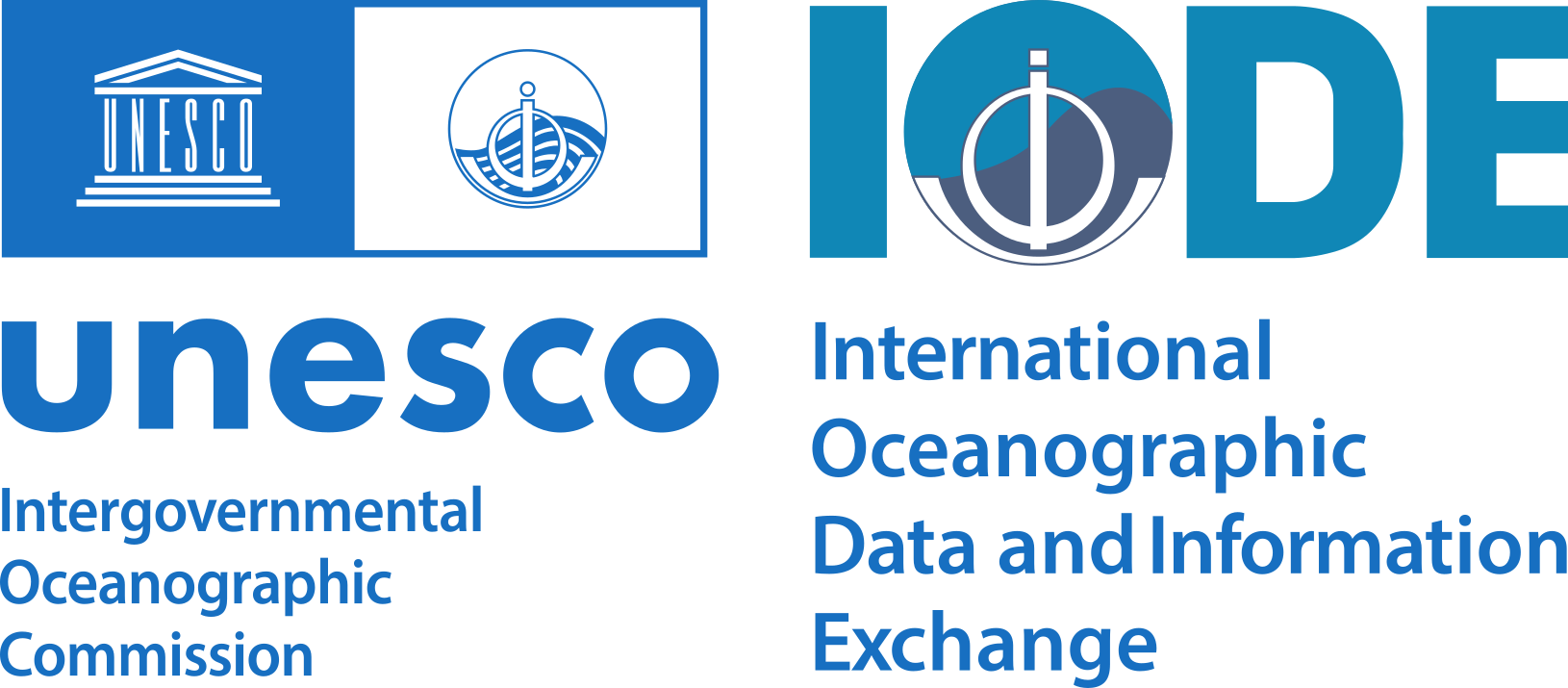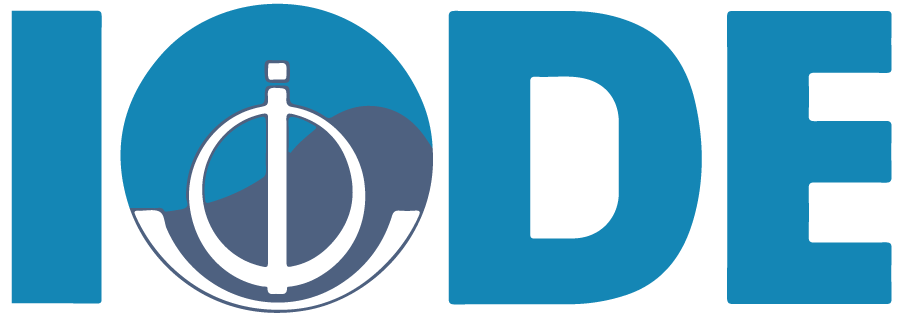The mission of a National Oceanographic Data Centre is to provide access and stewardship for the national resource of oceanographic data. This effort requires the gathering, quality control, processing, summarization, dissemination, and preservation of data generated by national and international agencies.
The full range of data management tasks to be carried out by a national oceanographic data management “system” can be summarized as follows:
- receiving data from national, regional and international programmes collecting oceanographic data
- verifying the quality of the data (using agreed upon standards)
- ensuring the long term preservation of the data and associated information required for correct interpretation of the data
- making data available, nationally and internationally
National Responsibilities include:
- Receiving data from researchers, performing quality control, and archiving.
- Receiving data from buoys, ships and satellites on a daily basis, processing the data in a timely way, and providing outputs to various research and engineering users, forecasters, experiment managers, or to other centres participating in the data management plan for the data in question.
- Reporting the results of quality control directly to data collectors as part of the quality assurance module for the system.
- Participating in the development of data management plans and establishing systems to support major experiments, monitoring systems, fisheries advisory systems.
- Disseminating data on the Internet and through other means (and on CD-ROM, DVD, etc).
- Publishing statistical studies and atlases of oceanographic variables.
- Providing indicators for the different types of data being exchanged in order to track the progress.
International Responsibilities include:
- Participating in the development of international standards and methods for data management through the IODE and JCOMM.
- Participating in international oceanographic data and information exchange through the IODE.
- Assisting with data management aspects of global or regional programmes or pilot projects through IODE and in the framework of, inter alia, the IOC’s Strategic Plan for Oceanographic Data and Information Management.
- Operating as a data assembly and quality control centre for part of an international science experiment.
- Operating regional, specialized or World Data Centre (WDC) on behalf of the international science community.
- Participating in the bi-annual Sessions of the IODE Committee.
NODCs are designated by Governments of IOC Member States. Recommended steps for the designation of an NODC are described in the “Guide for establishing a National Oceanographic Data Centre” (IOC Manuals and Guides No. 5) and the “IODE Quality Management Framework for National Oceanographic Data Centres” (IOC Manuals and Guides No. 67). This promotes accreditation of NODCs according to agreed criteria and provides assistance to NODCs to establish organizational quality management systems.


